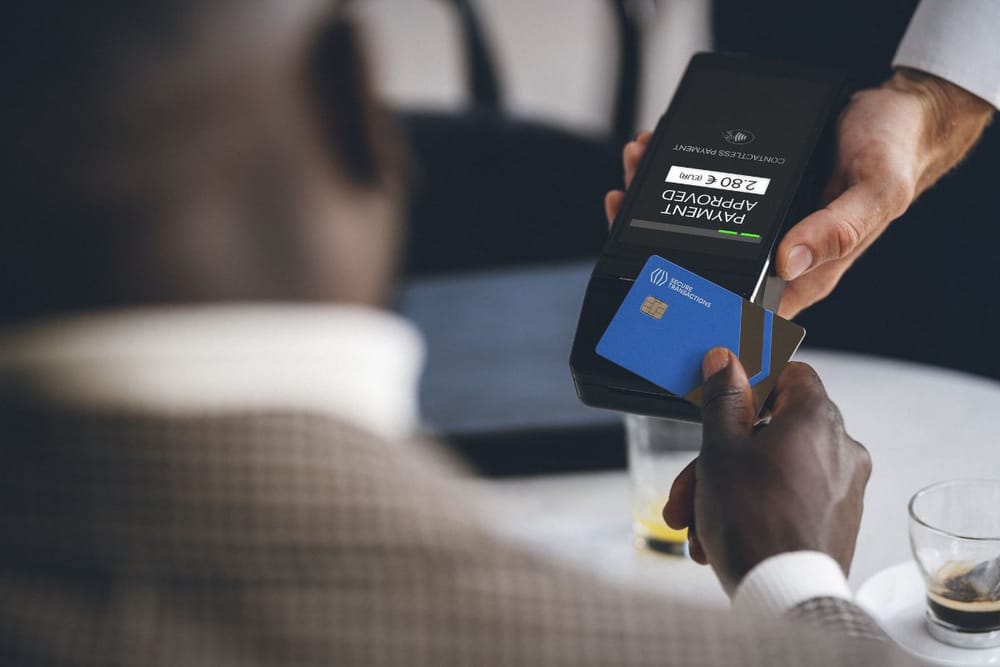IDEMIA Secure Transactions (IST), a leader in payment and connectivity solutions, today released the findings of its expansive 2024 Global Survey on consumer payment behavior. The survey, which gathered responses from over 3,100 individuals across 12 countries including UAE residents, sheds light on the evolving consumer preferences that are shaping the future of financial technologies. Respondents ranged in age from 18 to 71 years old, providing a wide demographic insight.
IST’s survey aimed to capture a broad spectrum of ages and demographics, examining preferences in payment solutions to enhance accessibility, security, and convenience across the global financial sector. Key findings reveal a rising demand for biometric and metal cards, a shift towards digital delivery preferences, and strong consumer focus on security.
Over the past decade, banks and FinTechs have disrupted the payments ecosystem, making available multiple banking options for consumers. Simultaneously, as banks increasingly digitize their services, the physical card and its design becomes a crucial tool for all card issuers to maintain strong customer connections. From card materials such as metal to special inks, and innovative features such as illuminating cards, IST continues to co-innovate new features and co-design captivating artwork.
As a trendsetter, we strive to be at the forefront of the evolutions in our industry and this survey testifies this ambition. Consumers have high expectations for their payment solutions and the way they use and manage their payment means. It is IST’s role to meet and exceed them, by offering ever more innovative solutions.
said Julia Schoonenberg, Executive Vice President Payment Services at IDEMIA Secure Transactions
Key findings of the report are summarized below:
Digital and Physical Card Dynamics
Digital Card Delivery and Access: A significant majority (77%) of UAE respondents prefer to receive their payment cards immediately at the bank with the option to access them directly on their phones. When accessing digital cards, 55% of respondents prefer using the banking app on an Android device, followed by Google Pay (43%), Apple Pay (42%), and Samsung Pay (35%).
Physical Cards: Despite the convenience offered by digital cards, a substantial portion of respondents (67%) still values physical cards, primarily for ATM withdrawals. This reflects a balanced approach towards integrating digital and traditional banking needs.
Card Types and Preferences
Metal Cards: Although awareness of metal cards has decreased to 57% from 84% in 2022, their appeal remains strong with 92% of respondents interested. This interest is largely due to their elegance and premium design, particularly favoured by the younger demographic, those aged 18 to 37.
LED Cards: Consumers have also shown interest in unique and interactive card features, with 91% of respondents expressing favourability toward LED-embedded payment cards that light up when used at a POS terminal.
Biometric Cards: Awareness of biometric cards among global respondents stands at 65%, with 74% appreciating these cards for their enhanced security features that prevent fraudulent use if stolen. Additionally, 61% find them convenient.
Numberless and Digital Cards: There is a notable interest (92%) in numberless cards, which enhance security by keeping card numbers confined to mobile banking apps. Moreover, the preference for digital cards is driven by their convenience for making purchases (67%), quicker checkout times (58%), and enhanced security compared to cash (55%).
Security and Technological Adoption
Security Emphasis: A robust 83% of respondents have embraced digital payment cards enabled with biometric features, emphasizing the importance of security measures. These biometric features are particularly valued for their ability to combine convenience with strong security protocols.
Consumer Skepticism and Adoption Challenges: Despite advancements in card technology, 43% of non-digital card users report a lack of understanding of how digital cards work, and 29% express distrust in their security. Meanwhile, reflecting a trend towards simplicity, 96% of participants showed interest in one-click payment solutions, which streamline online transactions.









